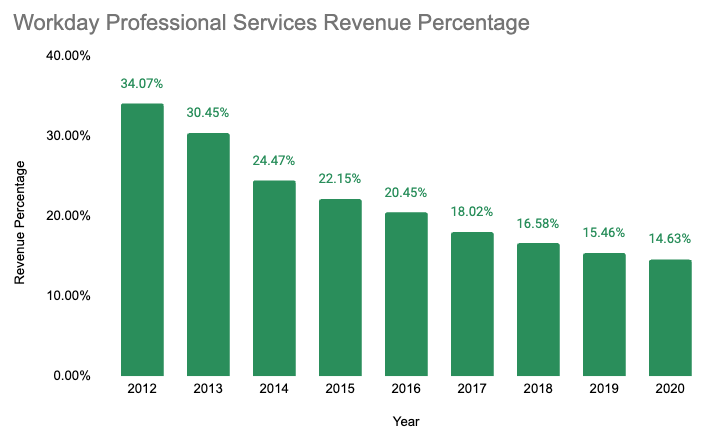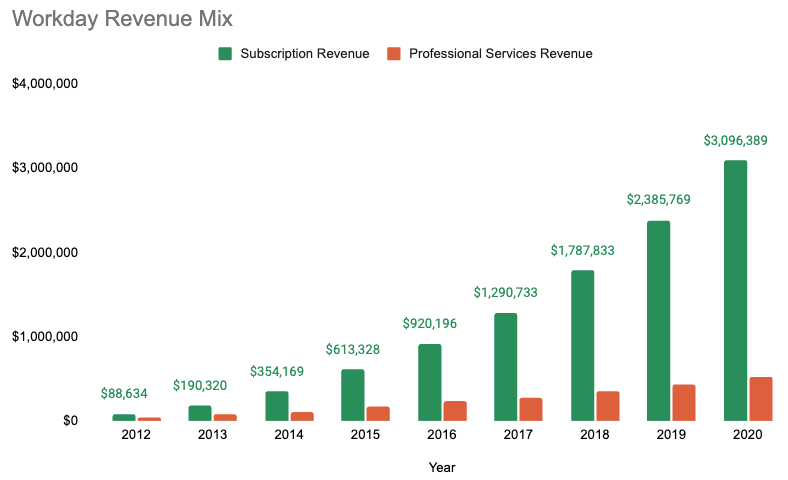The Hottest Job in Tech
All that’s old is new again
Time is a flat circle and so is hiring in Silicon Valley. The latest example is a “forward deployed engineer” (FDE) for AI companies. These employees are bundled in with a software contract to help a new customer actually use the product they just bought. In practice, it means they code some stuff, but more importantly, they get the customer to actually use what was coded.
It’s hard to overstate how popular this role is right now. OpenAI will send you one if you are spending $10 million a year with them. I talked with multiple recruiters at VC funds who help their portfolio companies hire talent, and they all expressed the same sentiment. “The majority of the AI companies I work with are hiring for this role,” Dwane Hamilton of Greylock told me.
The temptation is to dismiss this job. After all, isn’t an FDE a consultant with a yassified title? I mean…yes. But that doesn’t mean it isn’t valuable! Consultants exist for a reason. A technically competent outsider helps a company by giving permission to quickly cut through bureaucracy.
What’s actually interesting about the rise of this role is what it indicates about the market structure. That these titles are newly popular—and weren’t popular in the last decade—shows that something has changed to make them necessary and profitable. So today, I would argue that these roles matter for two reasons:
Platform shifts
New pricing models
Why now?
When HR platform Workday ($WDAY) IPO’d in 2012, much of the analyst chatter was about its high services component. At the point of its debut, 35% of the company’s revenue came from sending engineers onsite to help customers move their HR data to the cloud. Investors hated this. Putting engineers up at the local Marriott Courtyard is expensive, low margin, and slow. However, it has ended up being crucial to the long-term success of the company. Once the data was migrated to the cloud, they didn’t need the professional services anymore.
Simultaneously, customers became more accustomed to cloud technology, allowing their SaaS revenue to skyrocket:
When Workday first started in March of 2005, the cloud was a novel idea. At the time, all data was kept on servers owned and operated by the company using them. Moving to the cloud fundamentally changed how these companies operated. Cloud-first companies can move faster and construct different workflows than those tied to old technology in which computing needs would have to be predicted months and even years in advance. Workday’s professional services helped generations of companies transition to the cloud.
The largest reason that the FDE has happened today is because AI will end up being a bigger and more important platform shift than the cloud was. The biggest changes are not even technological, they are operational. A full integration of AI requires reimagining your staffing, your workflows, and your management team. With so many people already afraid of losing their job to AI, FDEs can also play the role of bad cop. They give the CEO a tool by which to force their company to change.
Most importantly, AI companies need to hire FDEs because otherwise their customers are likely to purchase and then never use their products.
Even when a company isn’t using the title of FDE, I have seen in-house technical skills sprinkled on every part of the sales process. At Clay, a GTM AI software company, cofounder Varun Anand told me about the “Go To Market Engineers.” These are AI-pilled individuals who are still, at their core, sales staff, but are “coming from a more technical, product-minded person. It means a lot more trust, way more effective, and less combative.” While not FDE in title, I think Clay’s version qualifies in spirit. They may not be doing implementation like an FDE, but they are customizing their pitch based on an understanding of the potential client’s tech stack. While only “20% of their actual work is technical, that technical background really helps with the other 80%.”
Perhaps the simplest way to summarize an FDE-adjacent role is this: a person who has the technical skills and organizational permission to allow companies to totally remake themselves. They are popular today because AI is such a dramatic change in operations and technology that customers struggle to implement it themselves.
For paying subscribers, we’ll review:
What pricing model justifies adding FDEs?
What ACV should it be justified with?
Who are the startups leading the way with this job today?
Operational details
Keep reading with a 7-day free trial
Subscribe to The Leverage to keep reading this post and get 7 days of free access to the full post archives.





